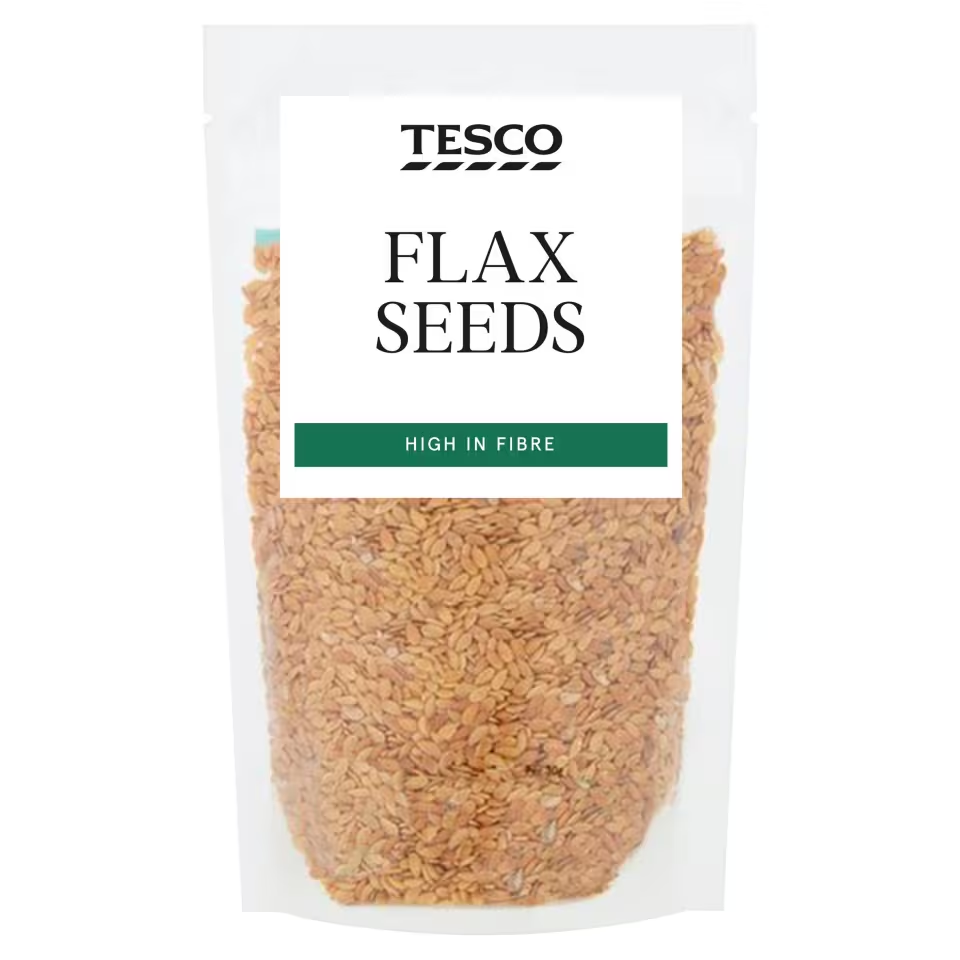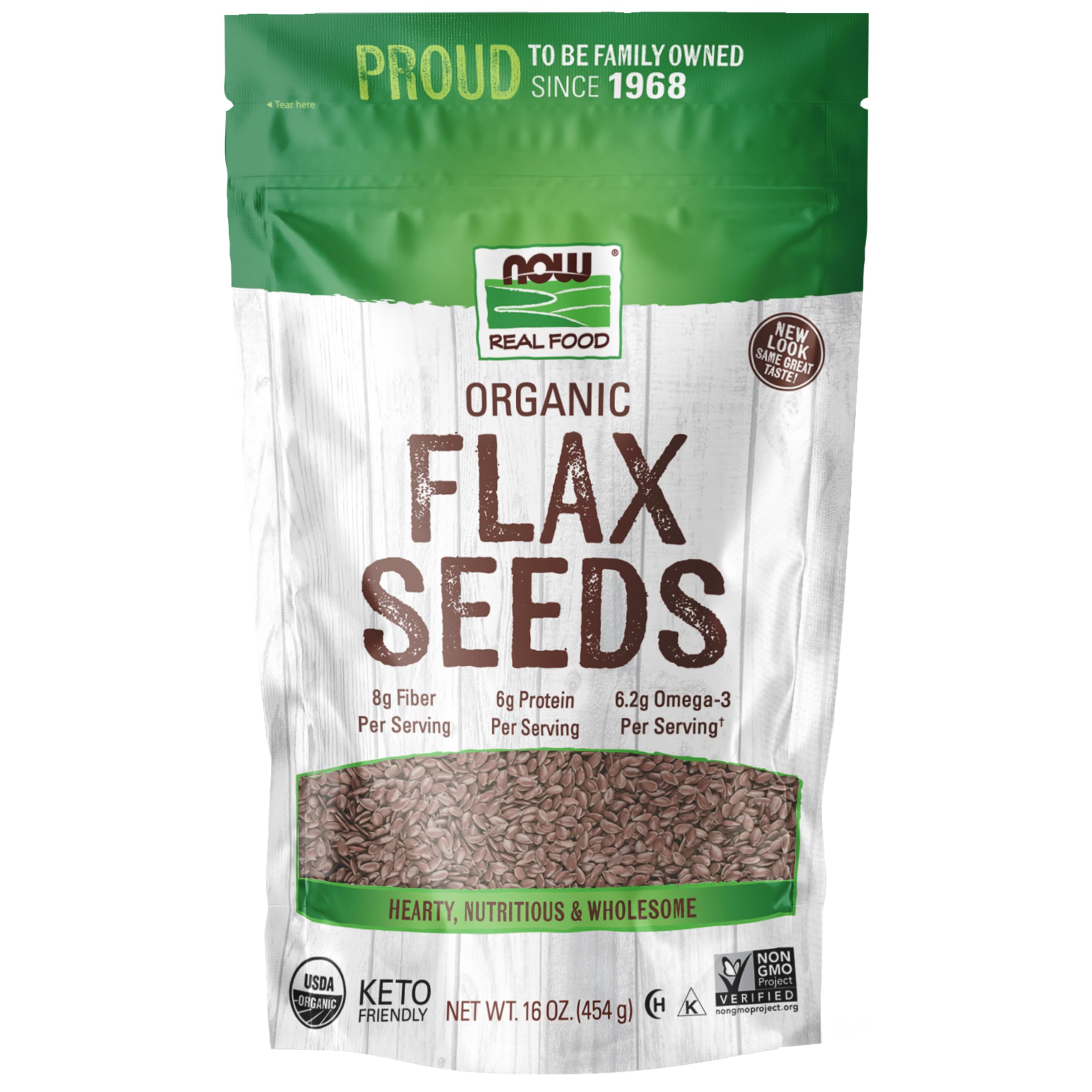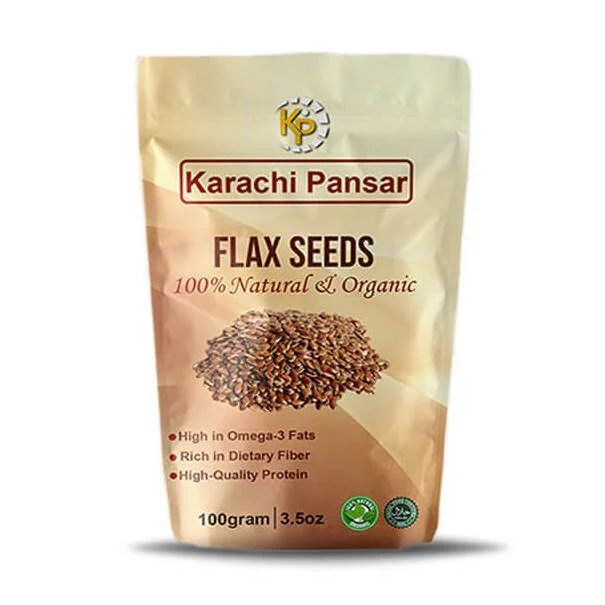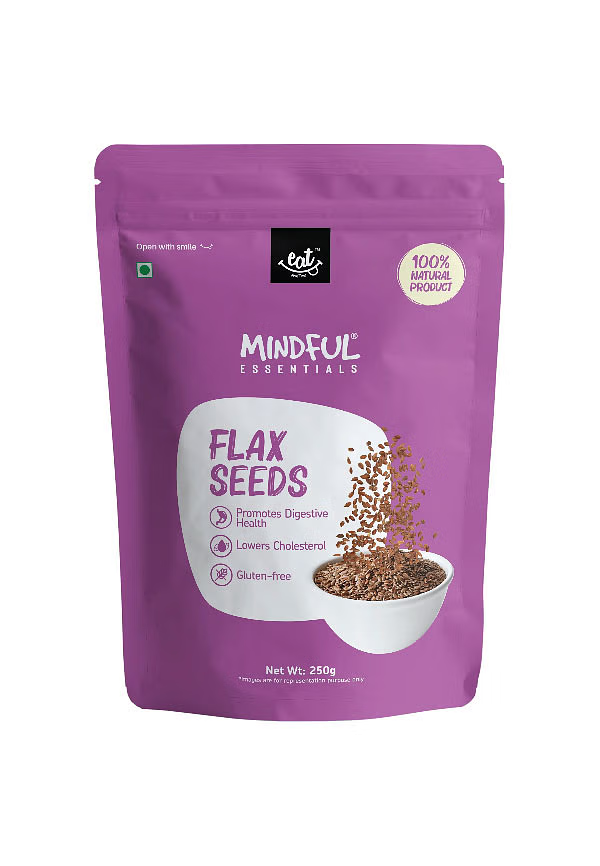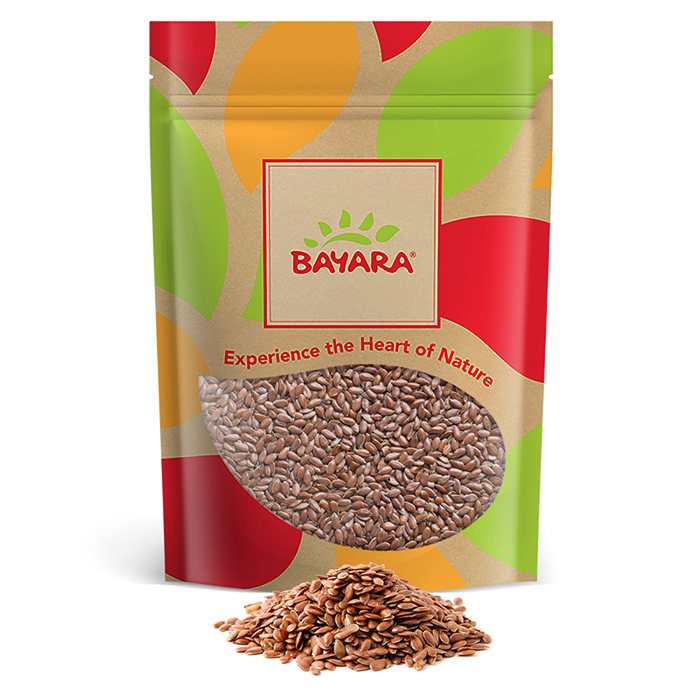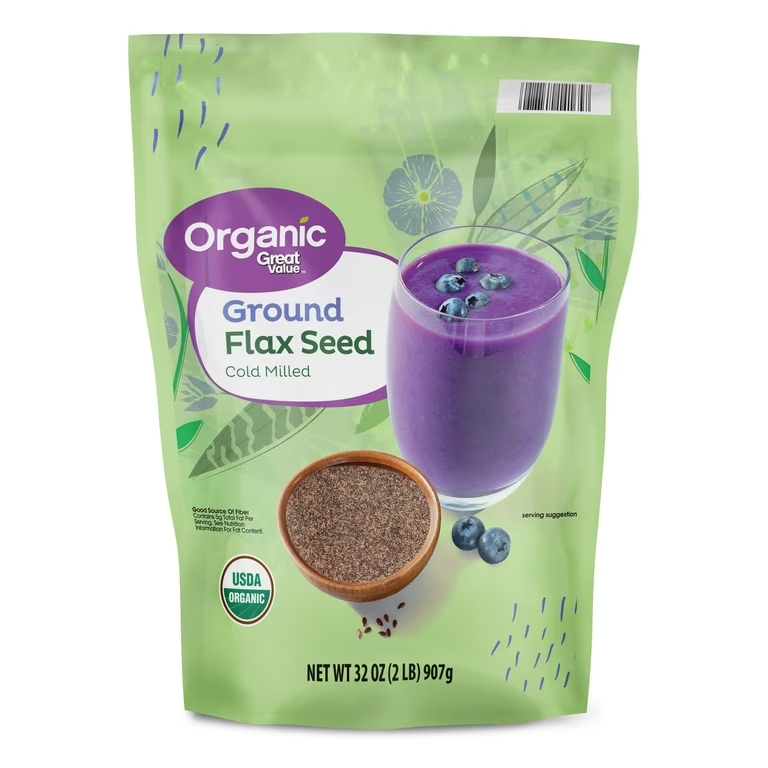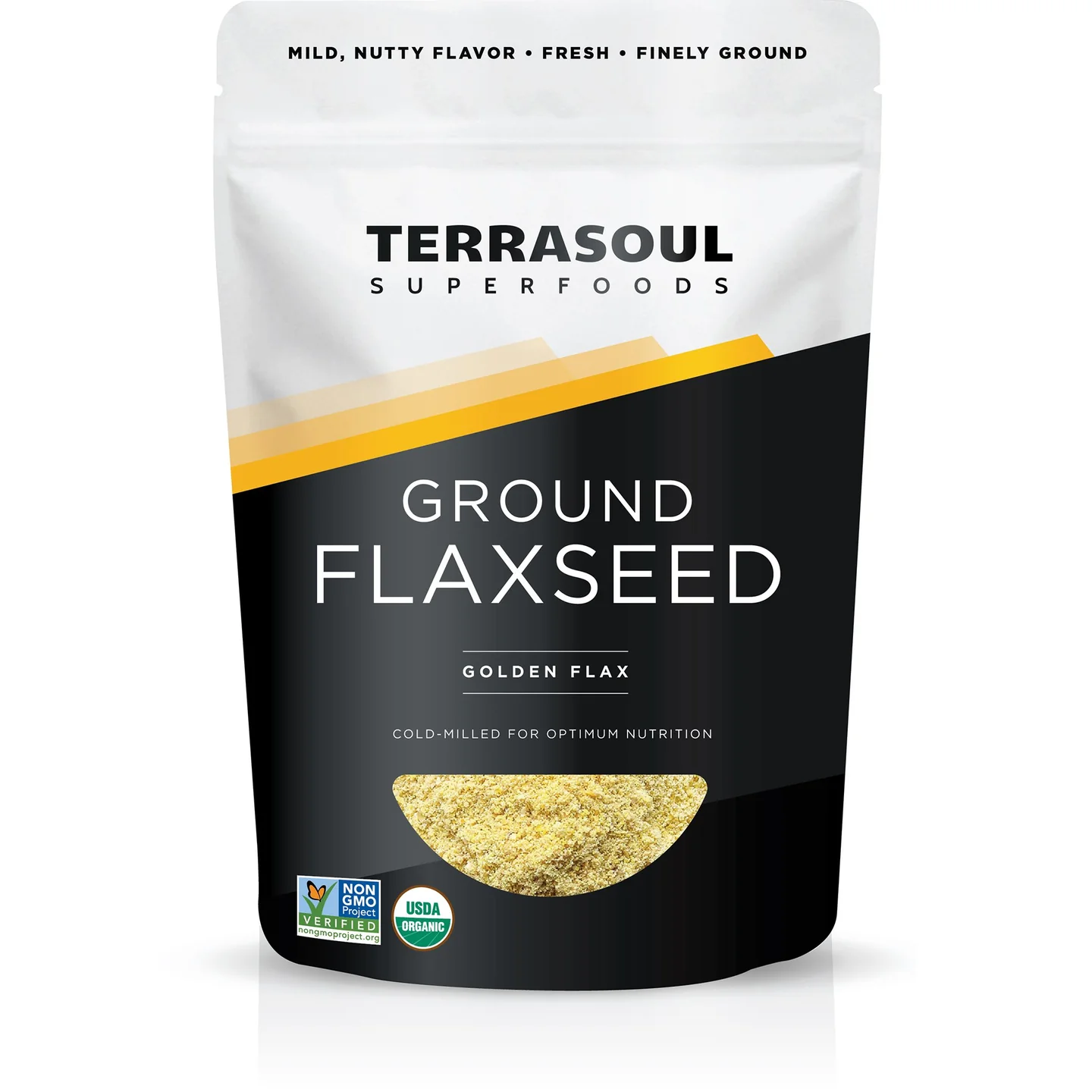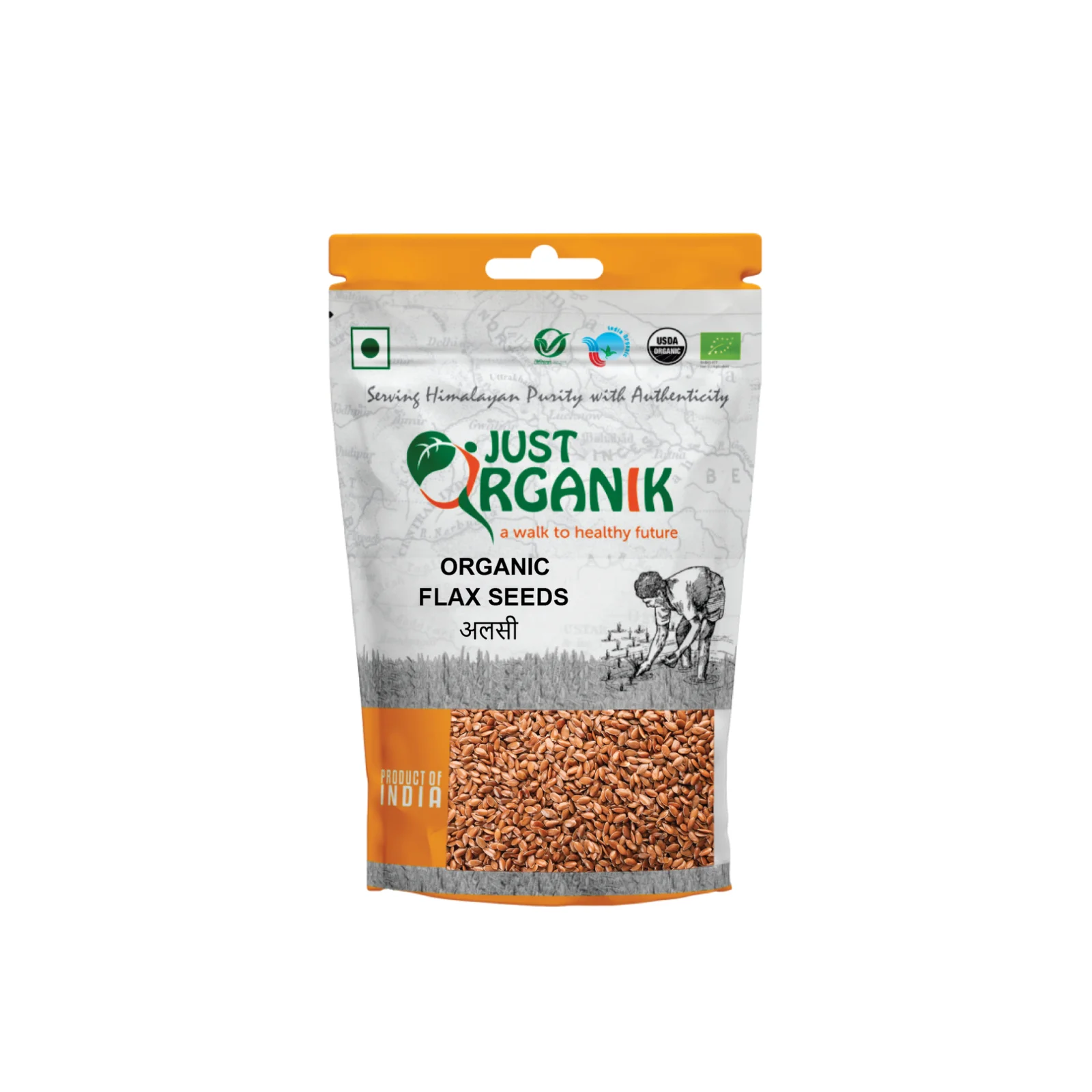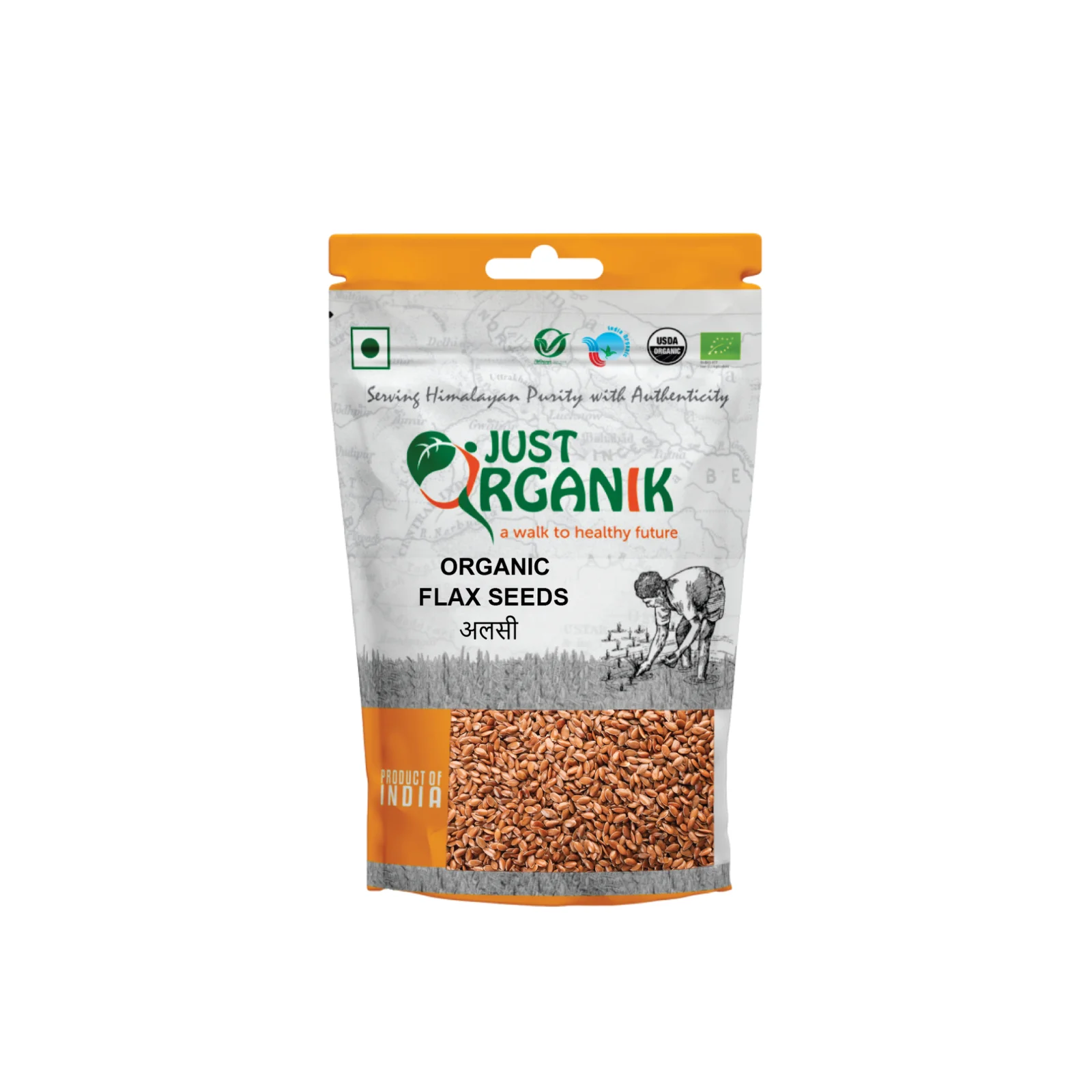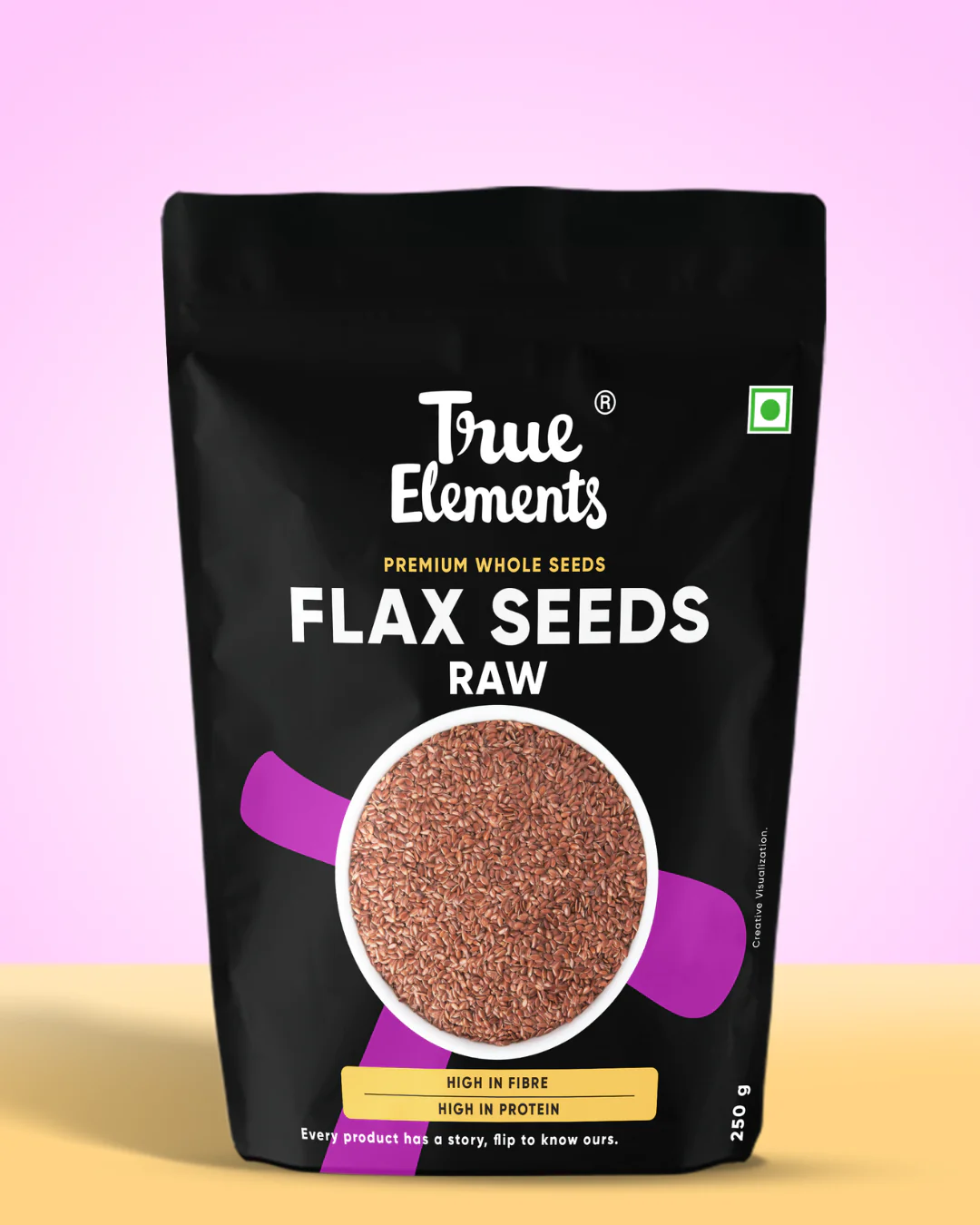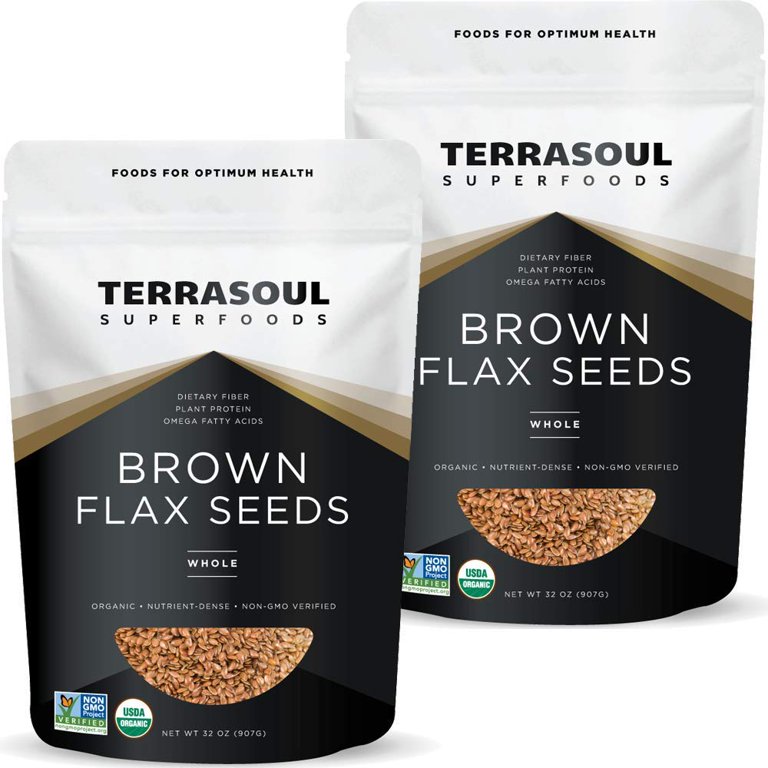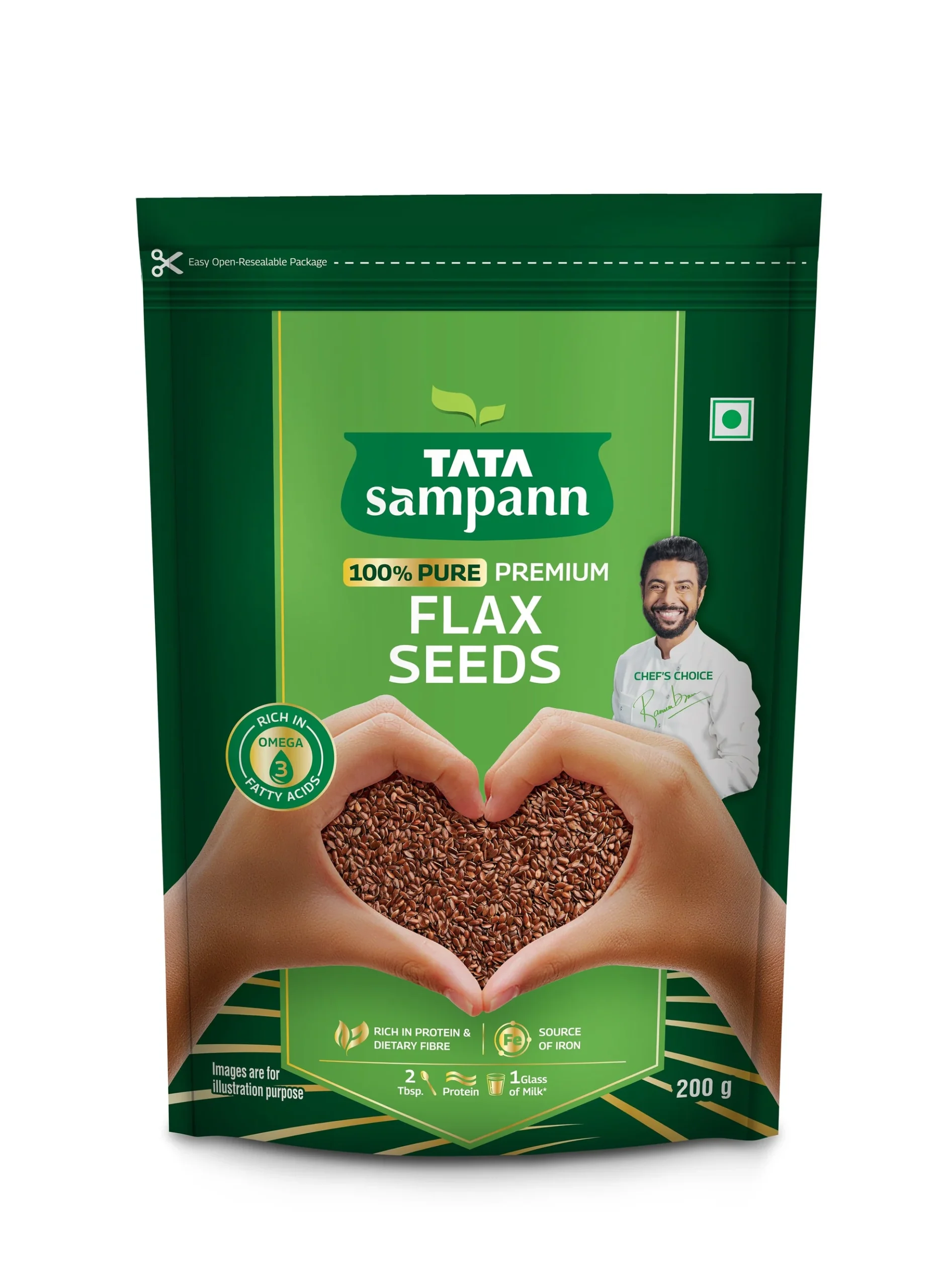Description
Flax seeds, small but mighty, are often hailed as a superfood due to their impressive nutritional profile and numerous health benefits. Rich in omega-3 fatty acids, particularly alpha-linolenic acid (ALA), flax seeds contribute to heart health by helping to reduce inflammation and lower blood pressure. Additionally, these tiny seeds are an excellent source of dietary fiber, promoting digestive health and aiding in the maintenance of a healthy weight. The soluble fiber found in flax seeds can help regulate blood sugar levels, making them a beneficial food for those managing diabetes.
Beyond their physical benefits, flax seeds are also packed with lignans, a type of antioxidant that may play a role in reducing the risk of certain cancers, especially hormone-related cancers. These phytochemicals exhibit estrogen-like properties and can help balance hormone levels in the body. Incorporating flax seeds into one’s diet is quite simple; they can be added to smoothies, yogurt, salads, or baked goods, enhancing both the nutritional value and flavor of meals. To maximize their health benefits, it’s often recommended to consume ground flax seeds rather than whole ones, as this helps the body absorb the nutrients more effectively.
In recent years, the growing popularity of plant-based diets has brought flax seeds into the spotlight as a versatile ingredient. They can often serve as a substitute for eggs in vegan baking when mixed with water to create a gel-like consistency, showcasing their adaptability in various culinary applications. As more people seek natural and nutrient-dense options, flax seeds continue to gain recognition for their role in promoting overall wellness. Consequently, adding these small seeds to one’s daily routine is a simple yet effective way to enhance nutritional intake and support a healthier lifestyle.


